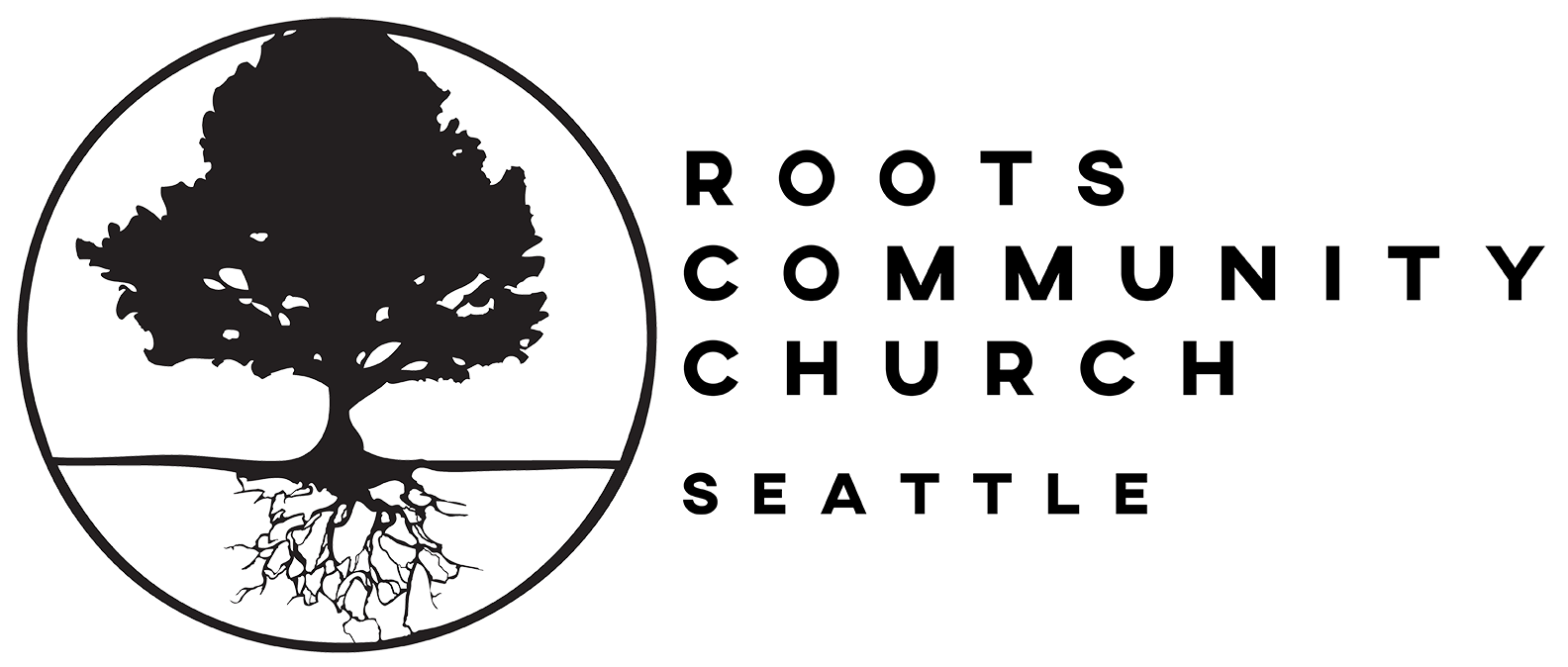ODPA Method for Bible Interpretation
ODPA is an acronym that stands for:
Original Audience
Difference Between Biblical Audience and Us
Principle (Theological Principle)
Application
I'll explain each step of this method then give an example using a biblical text.
Original Audience—This is where you read the passage and ask: "What did this passage mean to the original audience?"
To answer this question, you'll need to know context. Who is the audience? Who wrote this passage? What are the historical circumstances surrounding this passage? What passage comes before? What passage comes after? How does this passage fit in its section and in the structure of the book as a whole? This is a great time to scrutinize language, grammar, and syntax. You'll likely need to consult tools like dictionaries, encyclopedias, concordances, commentaries, and interlinear bibles to answer these questions.
Difference Between Biblical Audience and Us—This is where you read the passage and ask: "What's the difference between the original audience and us today?"
We are separated by thousands of years of culture, customs, language, circumstances, and most importantly, covenant. This reality means we have to spend time understanding these differences in order to properly interpret the author's meaning. For instance, someone would be making a huge sacrifice of time and money in dumping out perfume in the 1st century whereas we wouldn't be sacrificing much today by doing the same.
Principle (Theological Principle)—This is where you read the passage and ask: "What is the theological principle of this passage?"
Every text has a timeless spiritual truth in it. Our task is not to create meaning in passages, rather we want to draw out the meaning the original author intended. There may be many applications for a text, but there's only one (or a few) universal, timeless, theological principle that transcends time, places, and peoples.
Application—This is where you read the passage and ask: "How should Christians apply this theological principle today?"
We must apply this theological principle to our lives today. Some questions to help with this might be: How do I need to change based on the truth I've discovered? What should I do now that I know this? Is there anything to repent of? Do I need to encourage anyone? Do I need to make peace with anyone? Should my lifestyle change? There could be many applications from one text, but usually there is only one (or a few) theological principles.
Here's an example of how ODPA could be applied to Psalm 20:7
"Some trust in chariots and some in horses, but we trust in the name of the LORD our God." Psalm 20:7
Original Audience—This is where you read the passage and ask: "What did this passage mean to the original audience?"
The original audience would have heard this coming from King David, a great warrior and king. It would have affirmed his dependence on the Lord to gain victories. He glorified God over tools for his victories and saw God as His greatest asset.
Difference Between Biblical Audience and Us—This is where you read the passage and ask: "What's the difference between the original audience and us today?"
In King David's time horses and chariots were a sign of power and prestige. Not everyone had a horse or a chariot in his day. To have a horse and chariot was to have the means to accomplish things, whether that be war, travel, bartering, or farming. Today, we may not have horses and chariots, but we do drive cars and have tools to exert influence and power.
Principle (Theological Principle)—This is where you read the passage and ask: "What is the theological principle of this passage?"
God is our ultimate provider, so we should depend on Him ultimately. We may use cars or tools, but we should never look to them as the ultimate key to our victories in life. And we certainly shouldn't glorify them over God!
Application—This is where you read the passage and ask: "How should Christians apply this theological principle today?"
We have all we need in Christ. We should give Him glory and praise when we gain victories. Everything we have is a blessing from Him, so we praise Him for the means to live life. All the cars and tools we have are from Him. Perhaps I've forgotten that. Perhaps I've put too much emphasis on getting the job, or buying the house, or getting the education—I've been looking to those things to bring me victory ultimately, and in doing so I've dishonored God. I'm sorry Jesus, will you forgive me. Thank you for being my provider.
Try the ODPA method in your bible study time and pray that God would use this simple method to change your life!
If you want to dig deeper into this, need help, need prayer, or have questions—please reach out to us here: Roots Help & Prayer Form
In Christ,
Pastor Kevin
